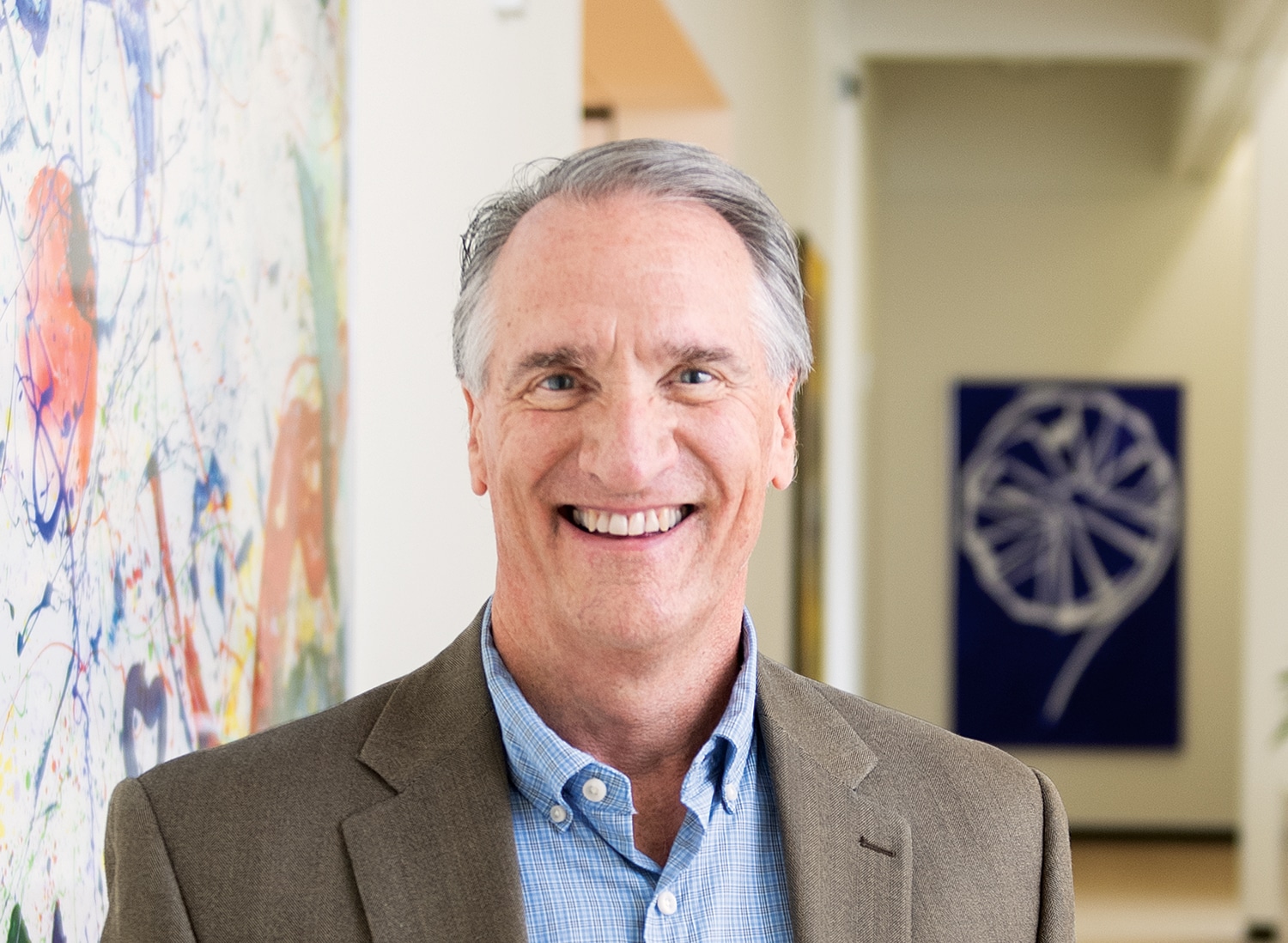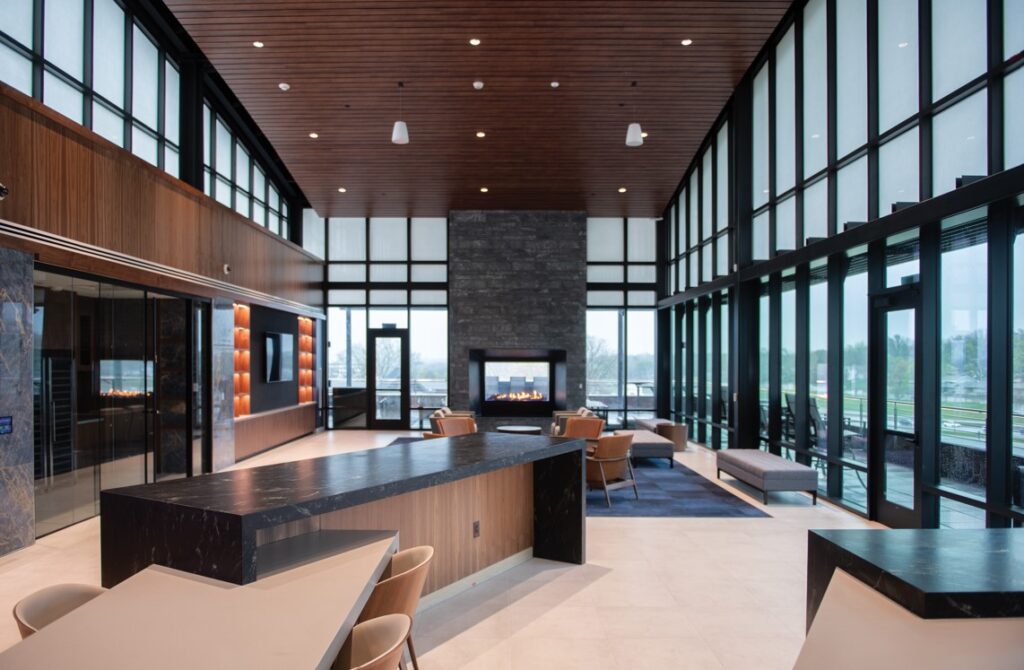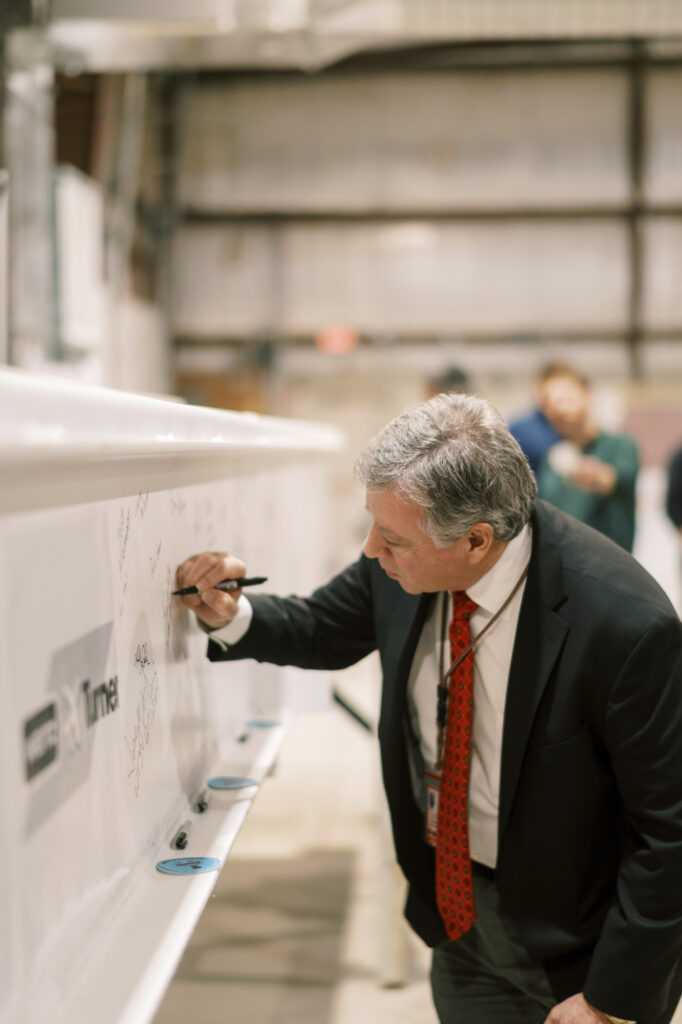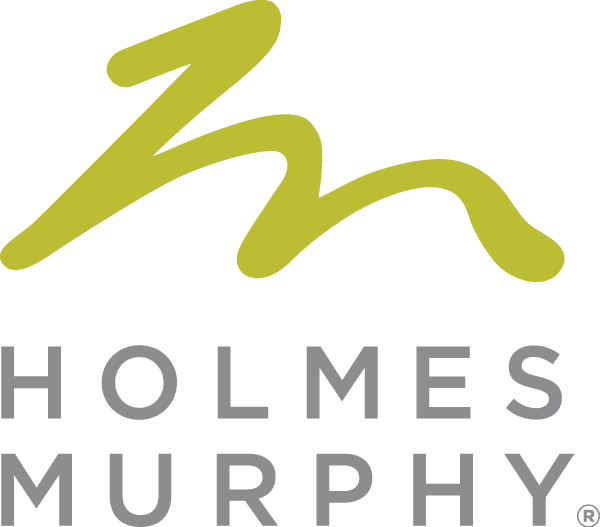A Closer Look: Dave Keith
Incoming chief executive officer, Wellabe (formerly American Enterprise Group)
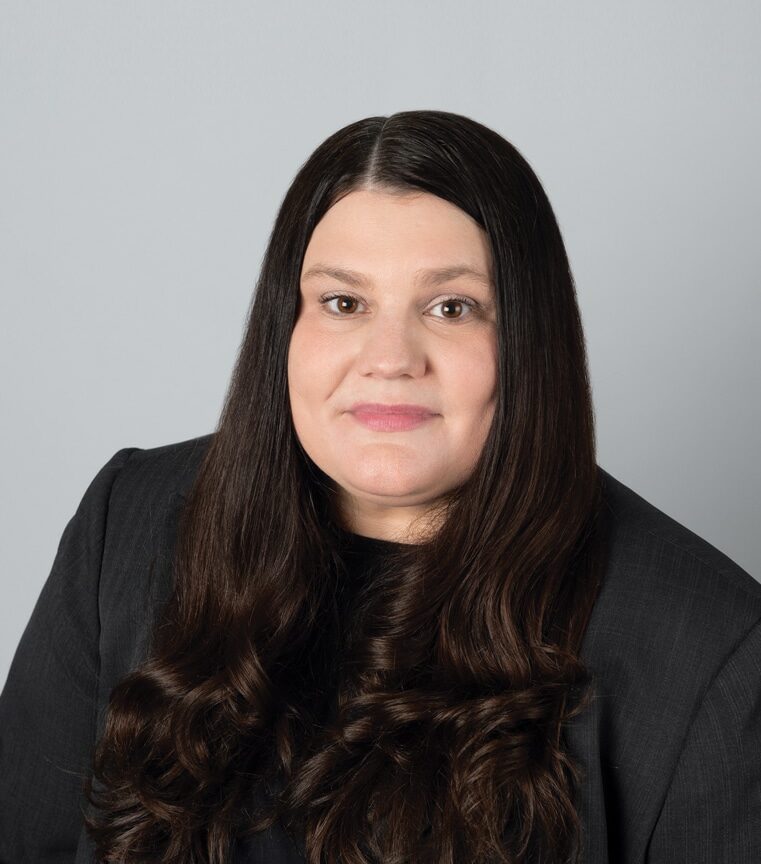
Nicole Grundmeier Jun 23, 2023 | 6:00 am
6 min read time
1,546 wordsA Closer Look, All Latest News, InsuranceDave Keith has built a wooden fire truck for his grandson, a roll-top desk for his wife, a custom table for a silent auction at United Way, and a question-mark-shaped bookshelf for his office.
Now, Keith is helping to build a new brand.
On June 26, American Enterprise Group and its subsidiaries will become Wellabe – a condensed version of the phrase “We’ll always be.”
Currently, Keith is the president of insurance solutions at American Enterprise Group. But on Jan. 1, he will become Wellabe’s chief executive officer, replacing Tom Swank, who is retiring from the CEO role. Swank will continue to serve as chairman of the board of directors for the mutual insurance holding company, headquartered at 601 Sixth Ave. in Des Moines.
Debbie DeCamp, chief marketing officer at American Enterprise Group, said talks about a name change started in January 2019, although the name “Wellabe” didn’t come up immediately.
Among the driving factors behind the name change was confusion with companies that shared parts of the American Enterprise Group name, as well as a desire to have all employees under the same umbrella.
Keith and his wife of 36 years, June Keith, live in the East Village. We recently caught up with Dave Keith.
This Q&A has been lightly edited and condensed for clarity.
What brought you from California to Iowa?
I went from California to Kansas, Kansas to Iowa. I went to Kansas and joined an insurance company named Security Benefit. That was in 1999. In 2002, we launched a business within the business – a third-party administration, a service provider for insurance processing.
We launched that technically in 2004. We started in 2002; 2004 was myself and a team of four or five. It became its own business. I ran that, from the beginning to 2014 when I left. It got pretty big. It got over $100 million in revenue with locations in Ireland and India. It had close to 900 employees. And I got burned out. I traveled all the time.
I used to joke, the only thing I ever saw was the back seat of the airplane seat in front of me. But during the genesis of that, there was somebody who oversaw that – a CFO, and his name was Tom Swank. So he saw the birth of this. And when I stepped out, he called me and said, “Would you be interested in joining me up here?” He became CEO in 2015. I came up in January 2016. I came in as the chief operating officer to help basically move the company forward.
With you and Tom Swank in a transition period right now, what does a typical day look like for you?
My wife and my dog walk me to work at 6:30 in the morning. I start the day at the gym, at the Y, at 5. I go home, shower, pack my lunch. We walk to work, the three of us, get a chance to have quality time and talk. Our kids are grown. Usually when I come in, I like the quiet time. I’ve always been an early bird. So for me, it’s preparation for the day.
I can do a lot more of my reading and thinking and whatnot, respond to emails – things that might have come through the night or whatever. Tom usually comes in weekly. We have a detailed transition plan, and we talk about the hits and misses. “Are we tracking to where we need to be?” “Oh, maybe we need to pivot a little here or there.” We’re actually technically two months ahead. We’ve done a pretty good job of communication.
Internally, this leadership team knew [about the change in leadership] and then we’ve slowly unpacked it. I have a team today that’s not going to be my team going forward. So I run the sales group today, the technology, basically, all of the operations, the [profit and loss] aspects. Now I’m taking on the financial side of the investment side, marketing communications, other aspects of legal, HR, so I’m getting to know those individuals. And it’s gone very well. I like the interaction.
What are some priorities you expect to focus on in the next couple of years, especially after the transition happens?
We’ve just gone through this exercise about our vision, which is to be the most trusted provider of health and wealth solutions in an increasingly connected world. Now, here’s the catch. We’re seeing more and more of the digitization of insurance, meaning digital capabilities are coming forward. And now throw in things like AI.
Our focus is to continue down that [first] path. And so we have our main themes – we want to continue to grow. And we’ve done very well in the last few years. I’m going to use the term “operational rationalization.” It just means we need to get our model rationalized to support that increasingly connected world. We’re going to put a lot more emphasis on engaging with the customer. Most insurance companies don’t engage directly with customers. They sell their products through distribution, which is not a problem. Distribution treats the carrier’s insurance companies very well, but we’d like to also build a bridge to a customer.
I think the last tenant of this is leveraging data to make better decisions. That’s how I think of this. Those are the main things that we’re going to focus on that will probably have a lot of initiatives underneath. But that’s the track record over the next few years, basically, where we’re going to apply our capital.
Tell me about the name change to Wellabe: “We’ll always be.” What were the major drivers behind it?
So what is an insurance company providing? A promise. So we’ll always be there for you. We’ll always be there for you when you’re healthy. We’ll always be there for you when you’re not. We’ll be delivering the solutions you need. And we remember where we came from, right? So we’ll always be. It’s a great way to think about it. The driver, though, was we were a house of brands, and we had a lot of confusion: American Enterprise. Enterprise Rent-A-Car. Think of all the names that come up. American Equity is down the street. The idea was, let’s consolidate those brands. Basically, we have one.
How did the COVID-19 pandemic change what you do, as well as your goals going forward?
For me, personally, I didn’t leave the office. Very few of us – we decided to stay. I gotta tell you, I struggled working at home. So I asked permission to stay. There were very few – Tom [Swank] was here. He never left. One of the things we did during the pandemic is we took advantage of a crisis. In other words, we didn’t stand resting on the sidelines saying, “Well, we’re just going to hunker down.” We actually made a lot of changes. So I’ll give you an example just to illustrate. We digitized our whole front end. It’s called new business submission – when agents are submitting business on behalf of their customer to us, like purchasing a Medicare supplement or a dental policy or a final expense policy. All of that experience on the front end used to be paper. It’s all now electronic. All of it. We did that during COVID, so we took advantage of that. And why did we do it then? Because of distribution – they couldn’t talk to their customers. They couldn’t walk in with a piece of paper. It was a great chance to say, “Guess what? Everybody’s got to pivot.” That was a good thing for us. And now, all of that’s electronic.
You’ve been promoted at AEG previously. Did you learn anything in that transition that will help you now going into your new role?
I can give you two points on this. One is I’m always appreciative to get recognized. The recognition doesn’t come from just what I do. It’s what the team does, so those individuals that you’re surrounded by. It’s all about delivering, executing on a plan, which we did very well. It’s a recognition of that promotion.
That’s one aspect. The other aspect – which takes a little bit more, I call it challenging – is, it’s new faces. So I’ll have Debbie [DeCamp], for example, as a direct. It’s not that I don’t work with Debbie. I have to learn about Debbie. Debbie wasn’t part of my team. And some of my team members today, they go away, meaning they are entrusted to other individuals. So those are some of the things.
I have two principles I live by and I’ve always carried this through work. The first is to be a role player and not title-focused, because if you’re a role player, more doors open up for you. The second is to acknowledge failure and replicate your successes. And if you’re willing to acknowledge the failures, you’ll be a better person in the end to be a leader.
Hometown: Lafayette, Calif.
Family: Wife June; three children, Matt, Marie and Lucie; one grandson, Rory
Education: Bachelor of Science degrees in business and economics from Saint Mary’s College of California
Age: 61
Contact: dkeith@wellabe.com

Nicole Grundmeier
Nicole Grundmeier is a staff writer and copy editor at Business Record. She writes for Fearless and covers arts and culture.
